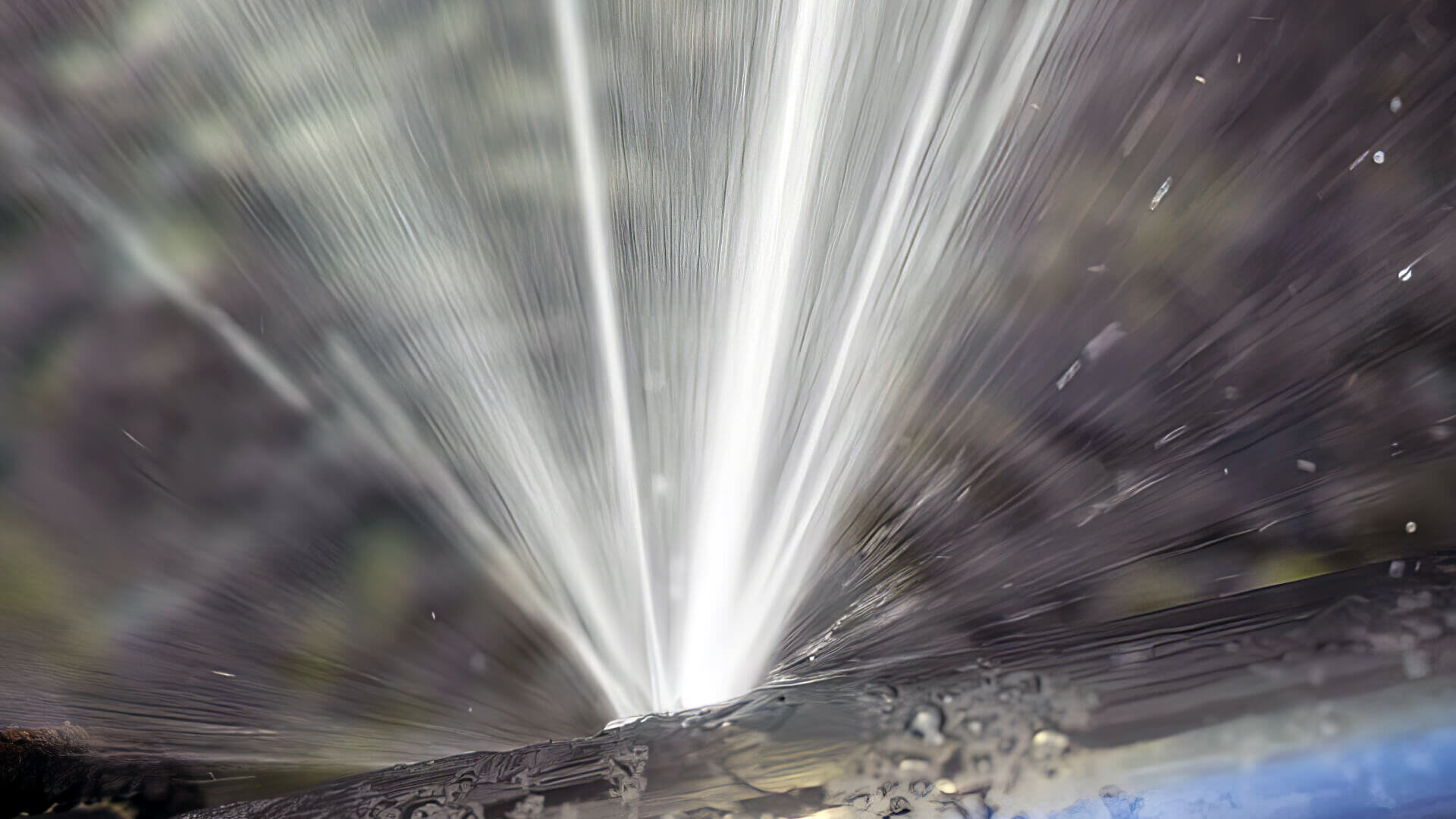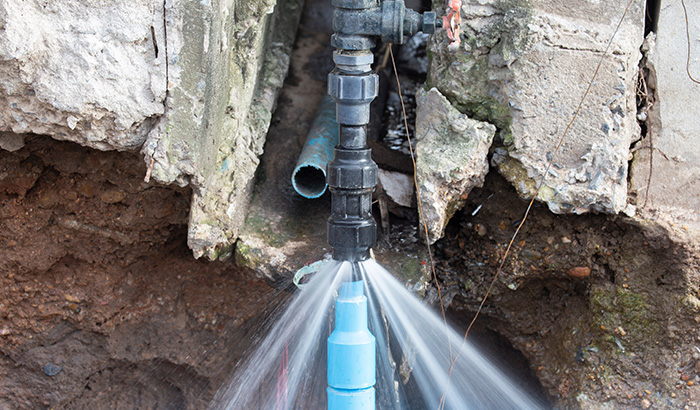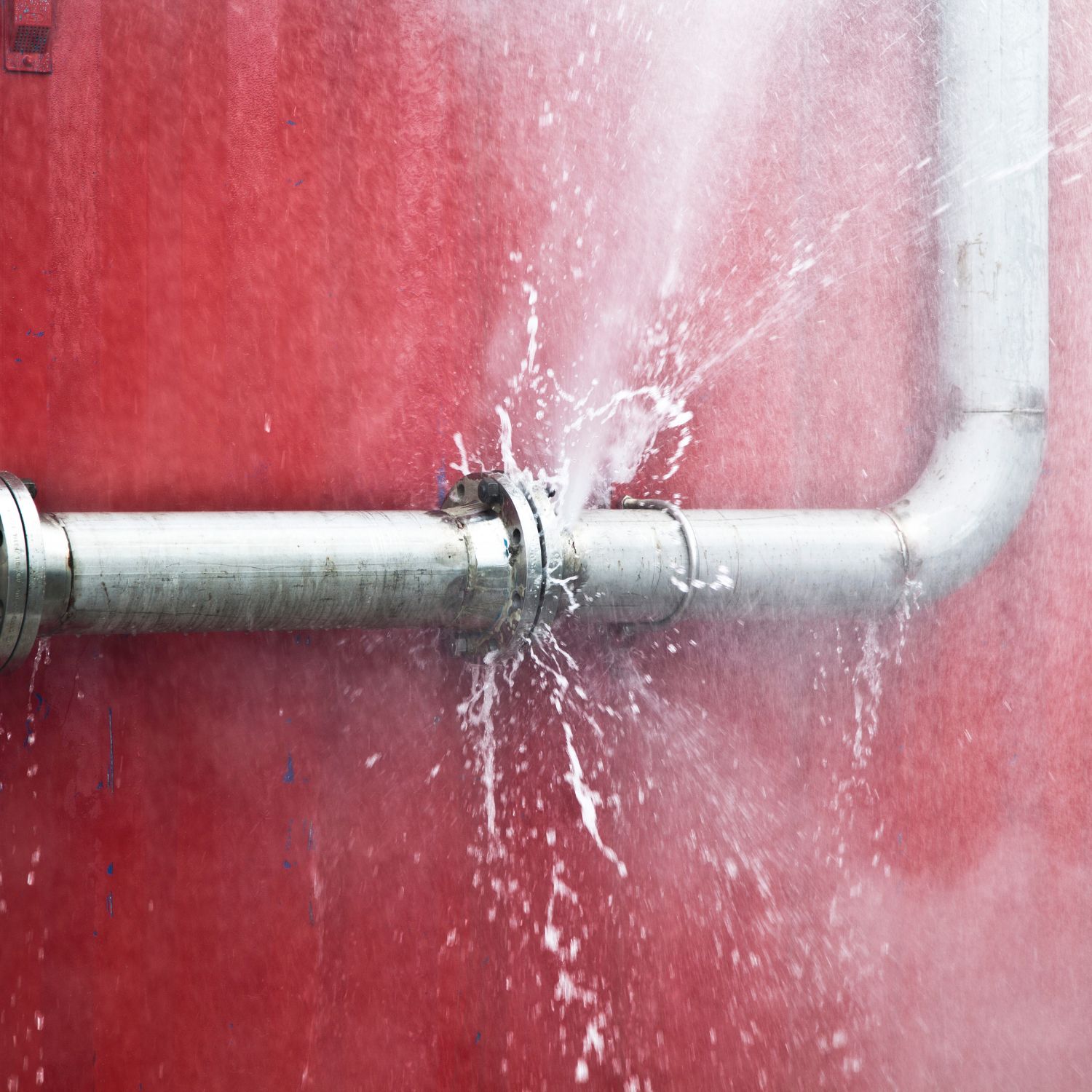How to Handle a Burst Pipe: Essential Steps for Immediate Action
Stopping Ruptured Pipes: Important Tips to Protect Your Plumbing
Preventing ruptured pipelines is an essential problem for house owners, especially throughout chillier months when the risk of freezing is heightened. Executing strategic steps such as proper insulation, routine assessments, and keeping constant interior temperatures can dramatically lower the chance of pipeline failing.
Understand Pipe Vulnerabilities
Comprehending pipe susceptabilities is crucial for efficient plumbing maintenance and protecting against expensive damages. Several variables add to the vulnerability of pipes to ruptureds, consisting of material structure, age, and ecological problems. Older pipes, specifically those made from galvanized steel or polybutylene, commonly degrade gradually, causing increased risk of leaks and tears.
Temperature variations can likewise considerably influence pipeline stability. In chillier environments, water entraped in pipelines can ice up, increasing and exerting stress on the pipe walls, which might eventually bring about a ruptured. Additionally, high water stress can stress pipelines, specifically at bends and joints, heightening the possibility of failure.

Insulate Pipeline Effectively
Correct insulation of pipelines is crucial for avoiding freezing and subsequent ruptureds during chilly weather condition (burst pipe). Shielding your pipes system effectively safeguards against temperature drops that can result in expensive damage. Begin by identifying at risk locations where pipes are exposed to exterior temperatures, such as basements, attic rooms, and outside walls
Use foam pipeline insulation sleeves or cover insulation tape around these areas to supply a safety barrier. Guarantee that all sections of the pipes, specifically those with restricted warmth direct exposure, get adequate insulation. Pay special interest to joints and fittings, as these are a lot more vulnerable to cold.
When insulating, it's important to select materials that meet neighborhood building regulations and are suitable for the specific environment. As an example, fiberglass insulation is typically recommended for its thermal resistance residential properties - burst pipe. Additionally, think about making use of warmth cables or tape in extreme problems, which can be connected in to offer supplementary warm
Routinely evaluate shielded pipelines for any indications of wear or damage, as endangered insulation can diminish its efficiency. By taking these proactive procedures, you dramatically decrease the danger of pipeline bursts, guaranteeing a reputable plumbing system throughout the winter season.
Maintain Consistent Temperature Level
A stable indoor temperature is necessary for avoiding burst pipelines during the icy months. When temperature levels decline, water within pipelines can freeze, broadening and developing pressure that may inevitably cause the pipelines to burst. To alleviate this threat, property owners should preserve a regular temperature level throughout their home, preferably no less than 55 ° F(13 ° C)Utilizing a programmable thermostat can aid handle interior temperatures properly, guaranteeing that rooms with plumbing stay cozy also when the house is unoccupied. Pay special attention to locations that are more vulnerable to chilly, such as attic rooms, cellars, and go to the website garages. Keeping closet doors open under sinks can additionally enable warmer air from the home to circulate around plumbing.
This small circulation of try this web-site water can protect against freezing by reducing stress within the pipelines. By carrying out these methods, house owners can considerably reduce the danger of pipe ruptureds and protect their plumbing systems versus the rough winter season components.
On A Regular Basis Check Plumbing
Routine evaluations of plumbing systems are critical for preventing ruptured pipelines and maintaining overall home stability. During these evaluations, it is crucial to examine noticeable pipes for indications of rust, leakages, or use.
Furthermore, checking joints and links is important, as these points are usually susceptible to leaks. House owners must additionally assess water stress degrees, as extreme pressure can stress the pipes system and enhance the danger of pipe bursts.
Consider organizing specialist pipes evaluations at the very least as soon as a year, particularly prior to wintertime, to ensure your system is planned for chillier temperature levels. Routine inspections not only help in recognizing prompt concerns but likewise foster long-lasting upkeep methods that can improve the lifespan of your pipes system. By being positive in your approach, you can protect your home versus the costly and turbulent effects of ruptured pipes. Focusing on plumbing examinations is a financial investment in your house's health and wellness and safety and security.
Know Emergency Situation Treatments
Recognizing emergency situation treatments is essential for every homeowner, specifically after performing normal plumbing examinations. Being prepared for a pipes emergency can dramatically minimize damage and save prices.
Next, maintain essential tools convenient. A pipes emergency set ought to consist of a wrench, bettor, and towels, as well as a flashlight and a bucket for little leaks. In addition, consider having the call information for a trusted plumbing readily offered, ought to the circumstance rise past your control.
If you discover a leakage or burst pipeline, immediately switch off the water and alert your plumbing. Document the damages with photos for insurance policy objectives. Be conscious of the indications of prospective pipes issues, such as uncommon water stress fluctuations or damp places on walls
Inevitably, proactive expertise and swift action are crucial in managing pipes emergency situations, ensuring your home stays protected and reducing potential damage.

Verdict
Finally, avoiding ruptured pipes requires a diverse strategy that includes understanding pipe vulnerabilities, appropriate insulation, preserving regular indoor temperatures, regular examinations, and understanding of emergency procedures. By executing these crucial approaches, the risk of pipes failures can be substantially decreased, thus making certain the longevity and efficiency of the plumbing system. Proactive steps not only protect versus possible damages yet additionally add to overall water conservation and the defense of home.
In chillier climates, water entraped in pipelines can freeze, expanding and applying pressure on the pipeline walls, which may eventually lead to a ruptured. When temperatures drop, water within pipelines can ice up, expanding and developing stress that may eventually cause the pipes to burst. By executing these strategies, property owners can significantly decrease the threat of pipeline bursts and safeguard their pipes systems versus the extreme wintertime check here elements.
